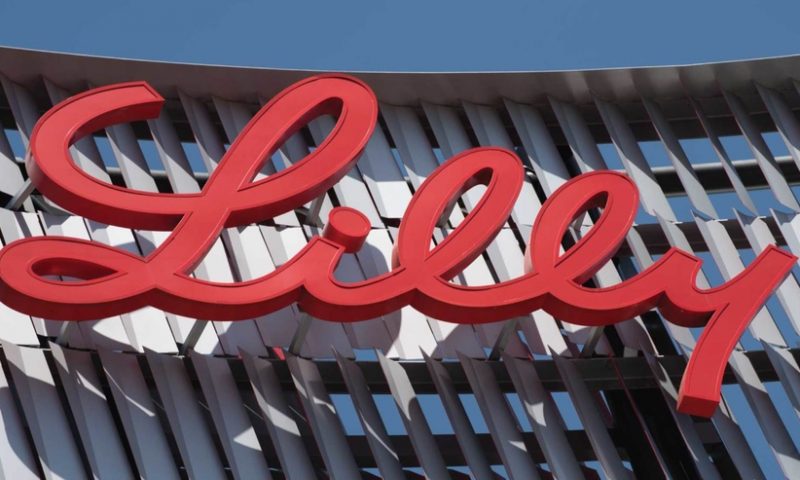Eli Lilly will ask the FDA to approve its IL-23 drug mirikizumab in ulcerative colitis next year after passing a phase 3 test in the inflammatory bowel disease.
Lilly had said last July it would file the drug for regulatory approval in psoriasis after beating out Novartis’ Cosentyx in a different phase 3 trial. But the Indianapolis Big Pharma ditched those plans nine months later to instead focus on testing the drug in ulcerative colitis and Crohn’s disease.
Now, Lilly says the monoclonal antibody did what it was intended to do across primary and key secondary goals. That gives the Big Pharma the confidence to ask FDA and regulators in other countries to approve the drug in the first half of 2022, the company said Monday after market close.
Mirikizumab helped control or resolve inflammation of the colon, which helps symptoms like frequent and bloody stools return to normal or near-normal levels, Lilly said. The main goal of the trial was clinical remission at one year.
The data is from the one-year point in a late-stage maintenance study, dubbed LUCENT-2, that built on the original 12-week induction study, known as LUCENT-1. Patients who achieved a clinical response in the 12-week study were re-randomized to the drug for the follow-up test.
Mirikizumab also helped lower inflammation in the intestines, resolve or nearly resolve bowel urgency and improve other inflammation.
The frequency of serious adverse events was “numerically lower” for the patients treated with the drug compared to those on placebo, Lilly said. The most common side effects were: nasopharyngitis (a cold), arthralgia (joint pain) and exacerbation of ulcerative colitis.
Lilly will disclose further data from the phase 3 program at upcoming congresses and publications next year. The company is also examining the drug in late-stage studies for Crohn’s disease.
UC and Crohn’s disease were in the spotlight Monday as Pfizer put its pandemic cash boost to use in a $6.7 billion acquisition of Arena Pharmaceuticals. Arena is testing its main asset in late-stage studies in the two conditions and plans to conduct a phase 3 in atopic dermatitis, too.
Companies developing treatments for the inflammatory bowel disease, which produces inflammation and sores in the digestive tract, have had a rough go the past few months, with multiple trial failures.
Whereas Lilly’s mirikizumab posted wins in both psoriasis and UC, Bristol Myers Squibb was only able to do so in psoriasis with its drug deucravacitinib. The oral TYK2 inhibitor failed to meet primary or secondary goals in a phase 2 study in October.
Add to that list a failed midstage study from Theravance and its partner Johnson & Johnson in August.
Galapagos and partner Gilead broke through the muddy waters in November with a European Commission approval for its ulcerative colitis med, marketed as Jyseleca.

